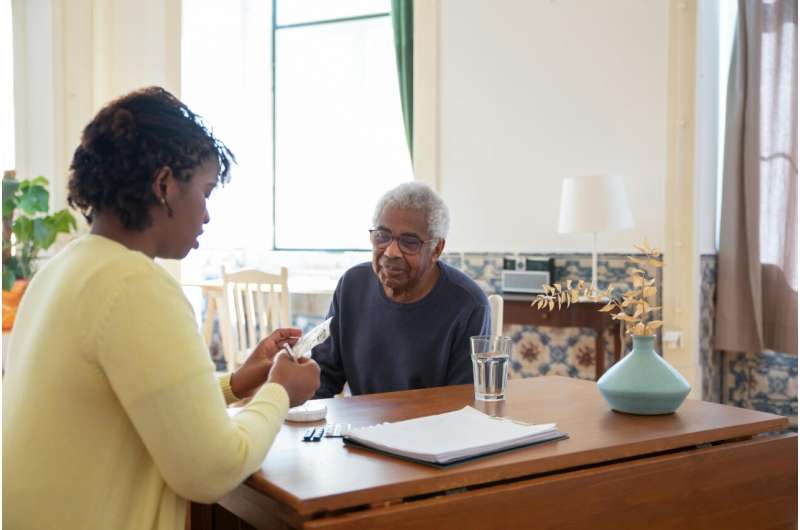Enhancing Dementia Care in Hospitals Through Staff Training on Person-Centered Approaches

Training hospital staff in person-centered dementia care enhances recovery outcomes, staff confidence, and overall service quality for older patients with dementia.
A groundbreaking study led by Professor Lynn Chenoweth at the University of New South Wales' Center for Healthy Brain Aging (CHeBA) demonstrates that training hospital staff in person-centered dementia care significantly improves patient recovery experiences, boosts staff confidence, and elevates quality of care for older adults. Published in the journal Geriatric Nursing, the research evaluated a specialized education program delivered to nurses, doctors, and allied health professionals in a sub-acute aged care rehabilitation hospital. The primary aim was to enable staff to better support older patients with dementia during their recovery from injury or illness.
Six months following the training, staff reported feeling markedly more confident and better equipped to care for individuals with dementia. Observational assessments revealed increased meaningful communication, stronger engagement with patients, and overall enhancements in service quality.
The training was grounded in the Kitwood model of person-centered care, an internationally recognized framework emphasizing dignity, respect, and emotional well-being. It encouraged staff to involve family members in care planning and prioritize the patient's personal goals and preferences. Professor Chenoweth highlighted that understanding and responding to the whole person, rather than just their medical condition, leads to better emotional, social, and clinical outcomes.
International dementia expert Professor Henry Brodaty, a co-author of the study, emphasized the importance of person-centered approaches, especially in hospital settings where patients can feel confused or distressed. The education program also prompted institutional changes such as revised policies, new communication tools, and more collaborative efforts among staff, patients, and families.
These findings provide a compelling blueprint for other healthcare facilities aiming to improve dementia care through staff education and cultural transformation. Dr. Chenoweth noted that modest improvements in staff training can significantly influence the care and recovery experience of older adults with dementia.
Source: MedicalXpress
Stay Updated with Mia's Feed
Get the latest health & wellness insights delivered straight to your inbox.
Related Articles
Study Reveals Severe Economic Impact of Chronic Lung Disease in Kenya
A new study reveals that over a quarter of adults with symptoms of chronic lung disease in Kenya face catastrophic health costs, emphasizing the need for improved health insurance coverage.
Emerging Role of Truncated Retrotransposon RNAs and Reverse Transcriptases in Aging Human Brain
New research uncovers how truncated LINE-1 RNAs encode active reverse transcriptases in the aging human brain, revealing potential targets for Alzheimer's therapy.
Promising Results of Olorofim Phase IIb Trial for Difficult-to-Treat Invasive Fungal Infections
Olorofim shows promising results in treating hard-to-treat invasive fungal infections, demonstrating efficacy and safety in a Phase IIb trial involving patients with limited treatment options.
Cancer-Related Nerve Damage Contributes to Chronic Inflammation and Resistance to Immunotherapy
New research uncovers how nerve injury caused by cancer promotes chronic inflammation, leading to resistance against immunotherapy. Targeting nerve damage pathways may enhance treatment responses.



